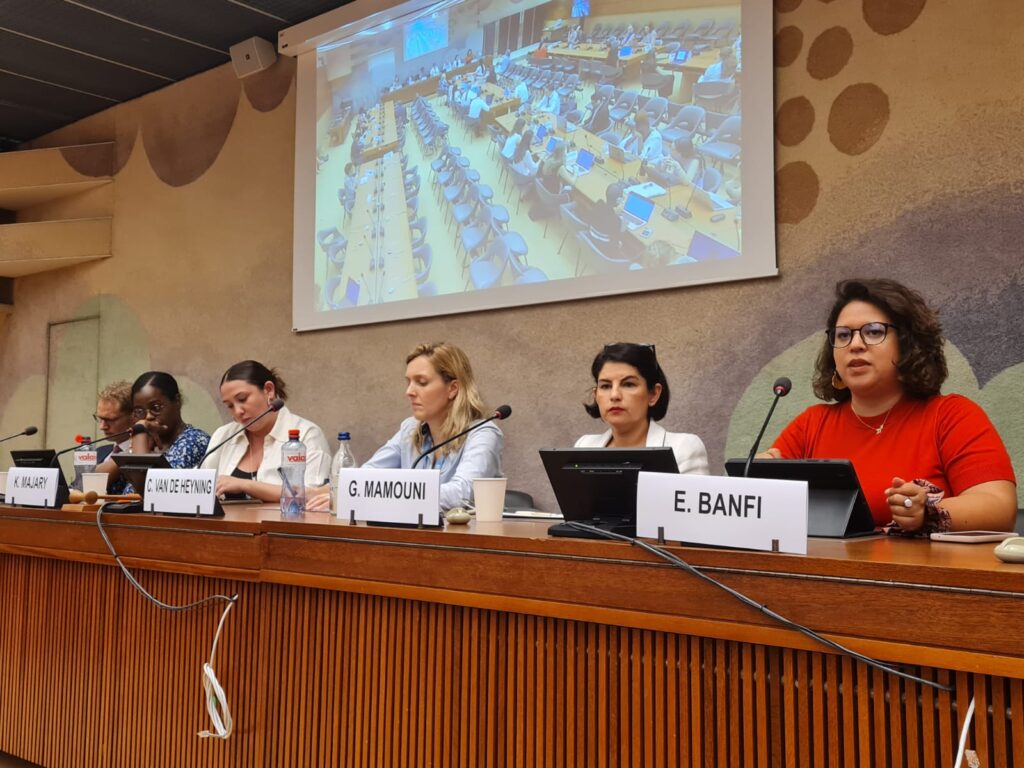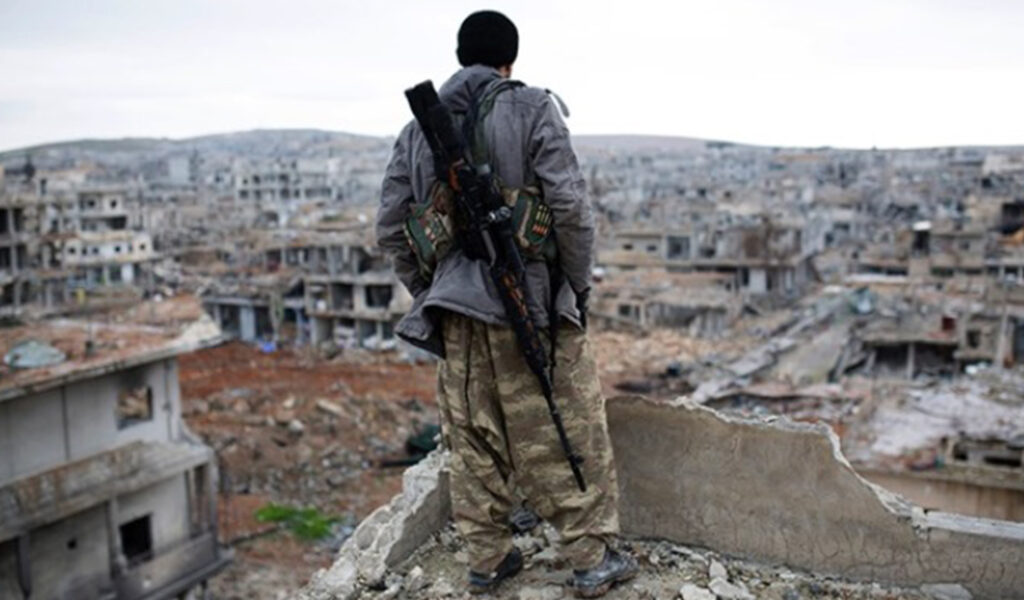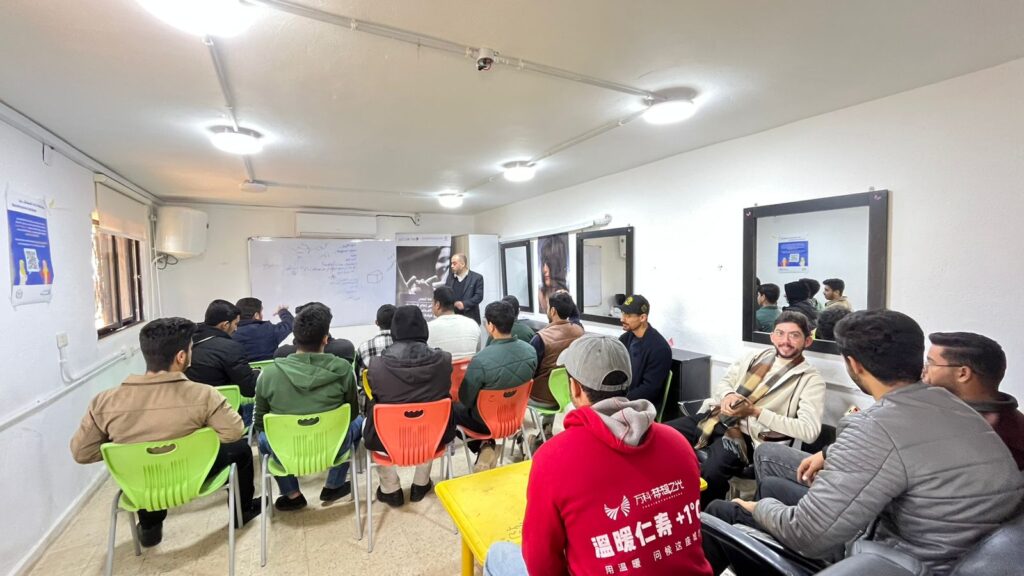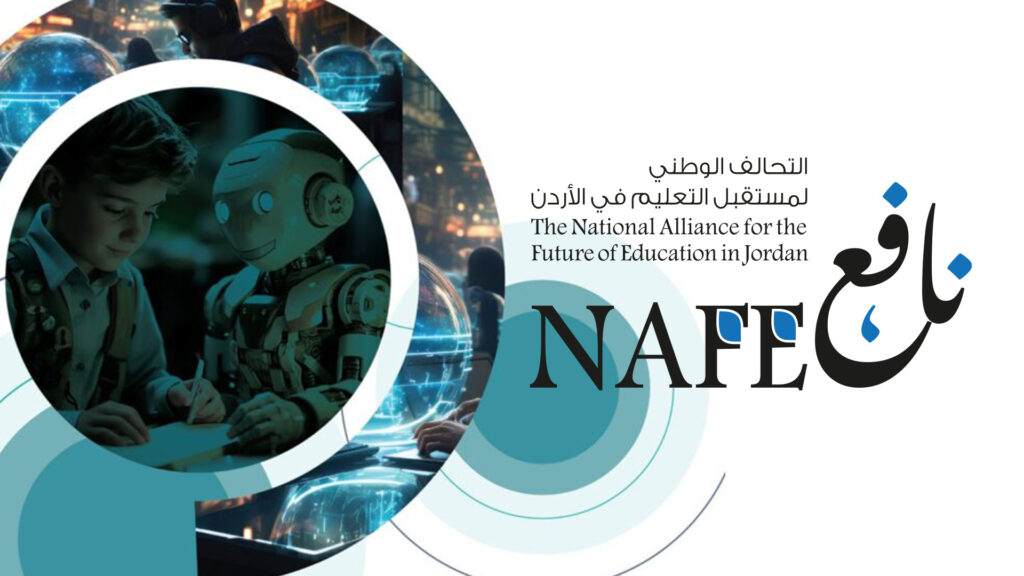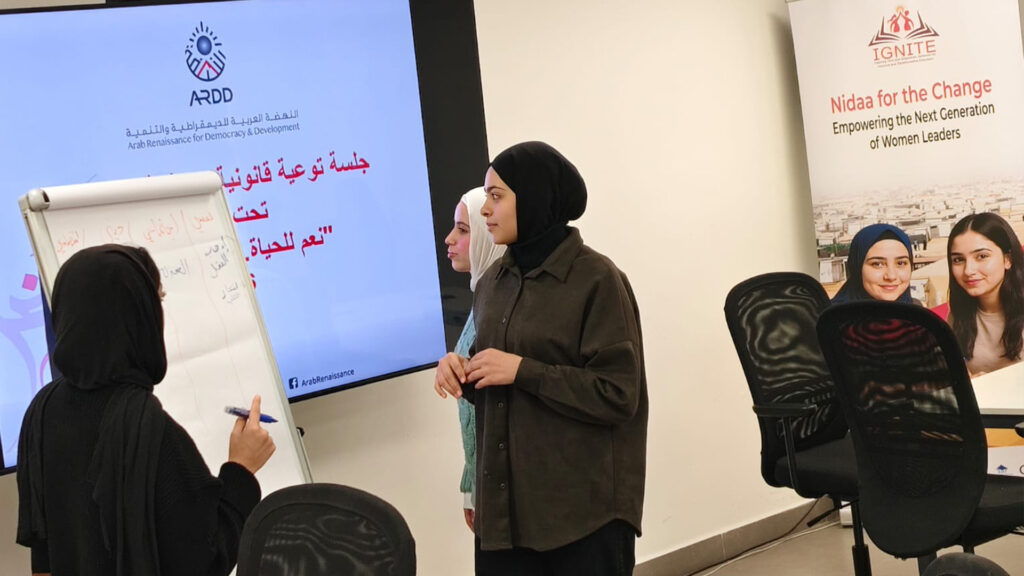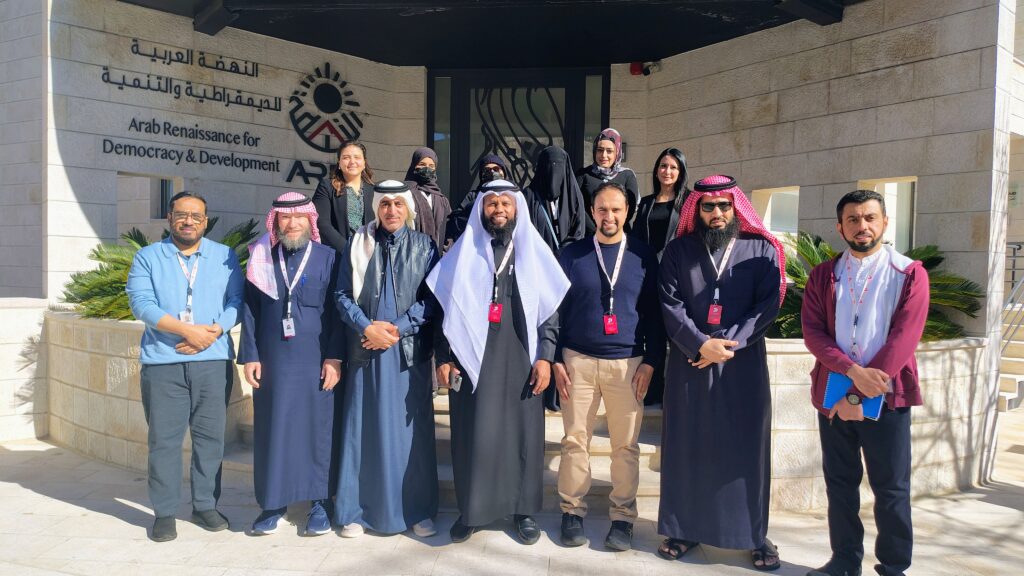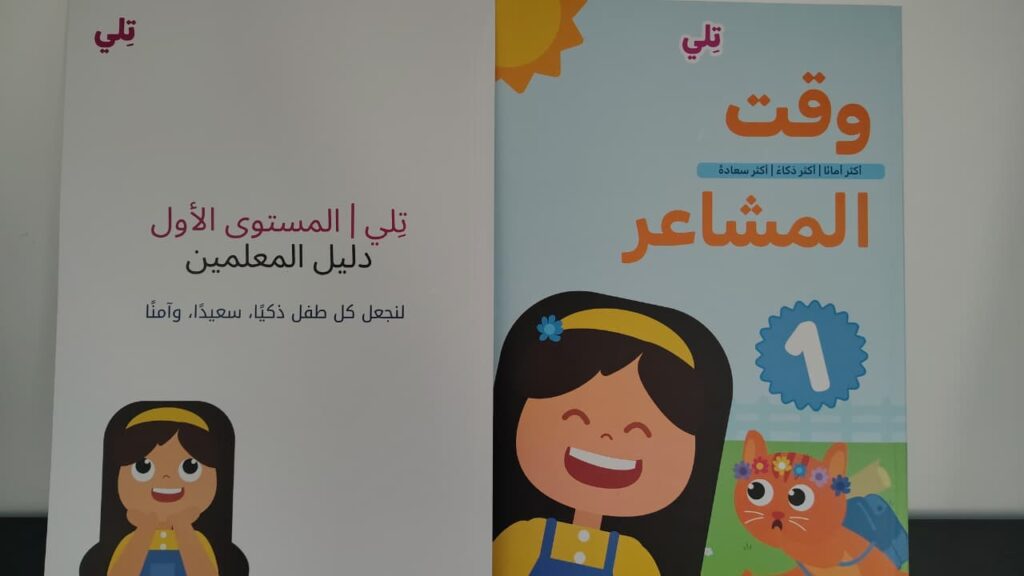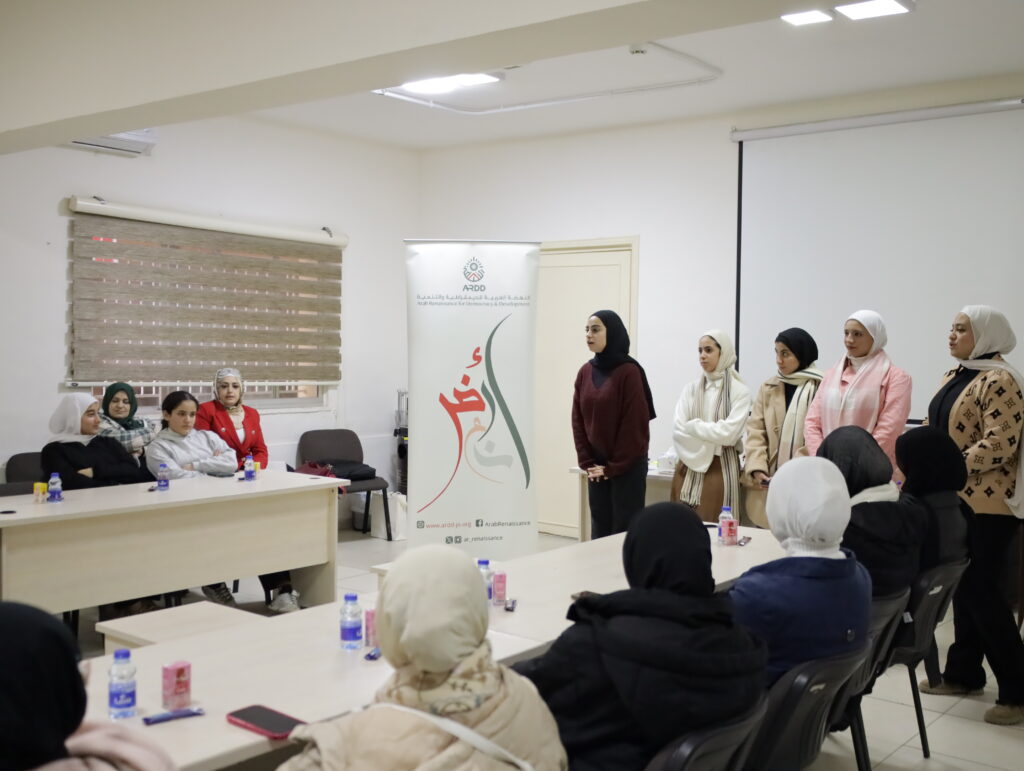On June 17, during the 59th Session of the UN Human Rights Council in Geneva, Eleonora Banfi represented the Arab Renaissance for Democracy and Development (ARDD) at a high-level side event organized by Rutgers. The event brought together leading voices from around the world to address the growing threat of online hate speech and disinformation targeting women in politics and human rights advocacy.
Speaking on an international panel, Banfi presented ARDD’s research findings from Jordan, revealing that 43% of tech-facilitated gender-based violence (TFGBV) cases occur on Facebook — a platform where Arabic content moderation remains alarmingly inadequate. She highlighted chilling examples of women in Jordan who were forced to withdraw from political life after facing coordinated meme attacks and smear campaigns, especially during election periods. Banfi described these patterns as part of “structural silencing” — systemic efforts to push women out of public and political spaces.
Other distinguished speakers included Catherine Van de Heyning from the UNHRC Advisory Committee, Asha Allen of the Center for Democracy & Technology Europe, and Ghizlane Mamouni, President of Kif Mama Kif Baba in Morocco. The event opened with remarks by H.E. Mr. Christophe Payot, Belgium’s Permanent Representative to the UN in Geneva, and was moderated by Kinda Majary of Abaad MENA.
Throughout the discussion, panelists emphasized the urgent need for legal reforms to criminalize online violence against women, stronger accountability from social media platforms, and the inclusion of Arabic-speaking women in global efforts to improve content moderation and online safety. Banfi closed her intervention with: “If women can’t speak safely, they can’t lead — and if they can’t lead, democracy is incomplete.”
ARDD’s participation in this event underscores its ongoing commitment to defending women’s rights and ensuring safe, equitable online spaces for women leaders in the Arab region and beyond.

